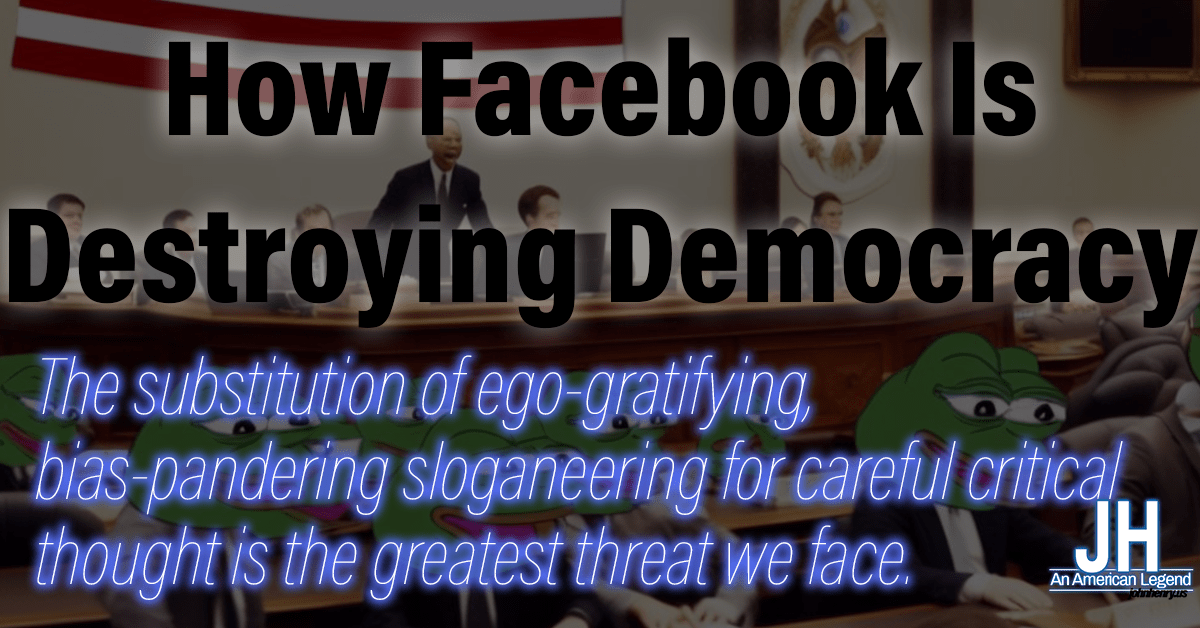I have written pretty often over the years about conspiracies and conspiracy theorists and all that comes with them. (I know, bad form to not have hyperlinks, but as I write this I’m curating and don’t have anything at hand; I’m sure I’ll end up republishing something as I come across it going through my archives.)
There are some problems that I haven’t really talked about much, though, and that we don’t really talk about much, related to conspiracies and reality and abuses of power. On social media, a friend wrote:
“At what point will society treat conspiracy theorists for the mental illnesses they clearly have??”

This provoked a lot of thought, from multiple directions…and as usual, the direction my thoughts came from are a little different from any of the mainstream pro or con, and I thought it was worth discussing at length.
The first direction of my thought is that there are some issues with conspiracy theory that we don’t talk about enough. The biggest is that some events originally written off as conspiracy theory have proven true over the years: government mind-control programs; cover-ups of UFO encounters; poor black men given deadly diseases and left untreated for observation by the government without their knowledge or consent; the trading of arms to designated terrorist nations in exchange for hostages through a group of middlemen who were also in the middle of an ongoing coup attempt in central America…just because you’re paranoid doesn’t mean they’re not out to get you, right?
If we’re going to look down our nose and pooh-pooh conspiracy theorists – and quite often that’s the only reasonable response – we have to take a hard look at that reality. Otherwise, to whatever extent any of us knee-jerk a dismissive response to a conspiracy theory simply because it sounds implausible or violates our biases, we are vulnerable to manipulation, disinformation, and deceit – if in no other way than by omission.
So before we talk about how to apply our critical thinking skills to trying to get a handle on when something over the top might not be as far over as you think, let’s take a quick look at a few “wild conspiracy theories” that turned out to be anything but.













